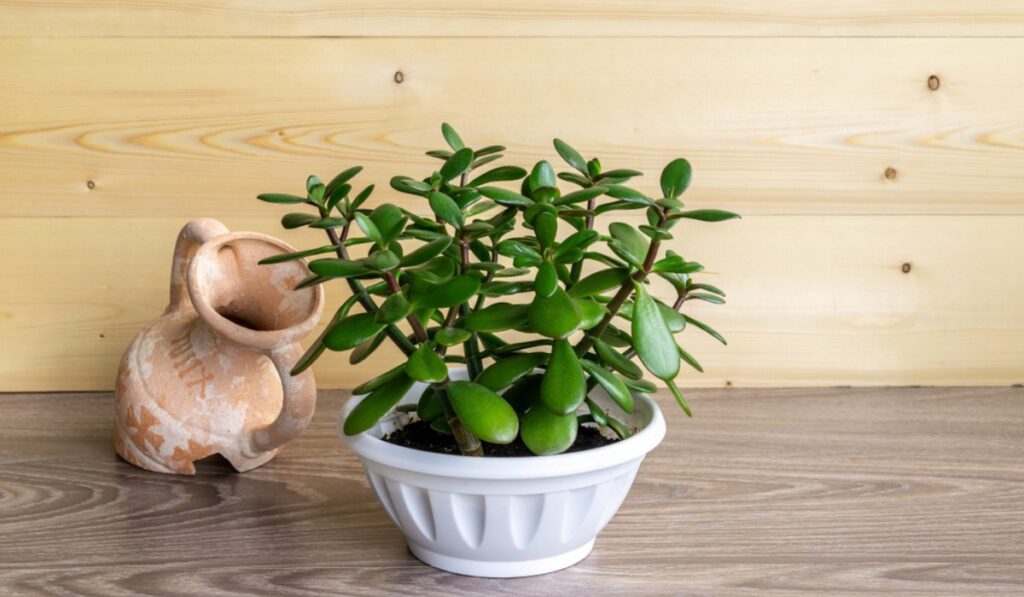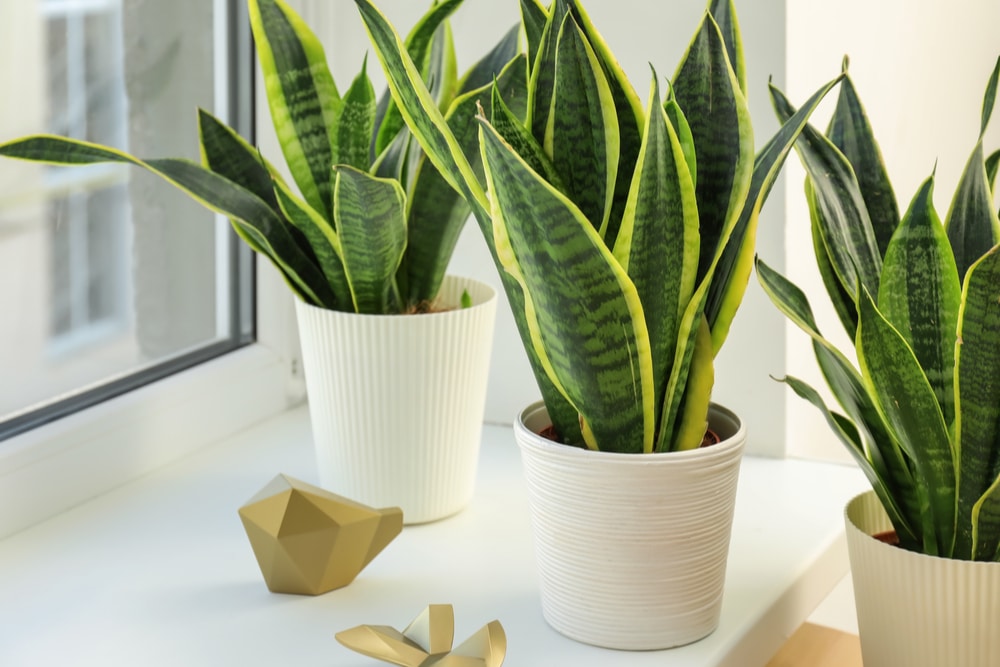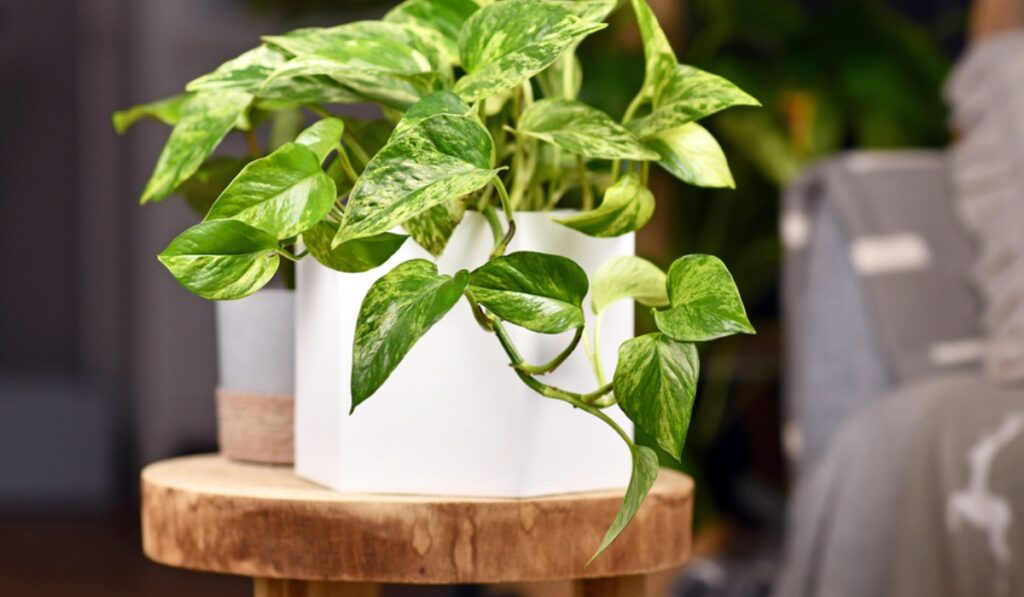Indoor Plants have been shown in experiments to help with air filtration, particularly in locations where air quality is an issue. Breathing cleaner air helps you think more clearly, reduces stress, and lowers your risk of asthma. Plants absorb CO2, filter pollutants, and exhale oxygen. Given how much time individuals spend indoors, this is an important subject to understand. Increasing the amount of oxygen in the body may result in improved focus, fewer migraines, and an improved mood. So we have listed the 10 best Indoor Plants to provide you with purified air and a healthy environment.

Here is a list of the 10 Best Indoor Plants to Beautify Your Home Space
Fragile trailing plant

This fragile trailing plant is extremely low-maintenance and low-maintenance. Silver-grey sets of tiny heart-shaped leaflets with a rose-pink underneath. It, like succulents, retains water in its long stems, which can grow six and a half feet (2 meters) long. As an outcome, this plant looks great on a shelf or in a suspended planter over the stairs or balcony, and it’s also a great bedroom plant.
Jade Plant

Succulents like the famous Crassula ovate often called the jade plant, fortunate plant, or money tree, are ideal for indoor-plant novices. They’re exceptionally hardy, require little care, and stay green all year. They will also live for many years, making them an excellent first companion.
Snake Plant

It is known as mother-in-tongue law and is admired for its erect foliage with a variety of green tints. Its yellow and white stripes flowing down its borders will add to the charm of your decor. It is suitable for interior air cooling since it functions well in low light and collects various gases. It is known as mother-in-tongue law and is admired for its erect foliage with a variety of green tints. Its yellow and white stripes flowing down its borders will add to the charm of your decor. It is suitable for interior air cooling since it functions well in low light and collects various gases.
Spider plant

Spider plants have tall, thin leaves that are elegantly striped in white and green. A dense clump of them may be seen growing downwards. Moreover, by eliminating xylene and formaldehyde from the immediate region, this indoor plant enhances air quality.
Weeping fig

Many thin branches sprout from the grey stem of the weeping fig. Although it may grow in low light conditions, it loves strong indirect sunshine and consistent soil hydration. Because of its capacity to eliminate xylene from the air, it is perfect for purifying the air in houses
Areca palm

The Areca palm will light up any room with its arching plumes, slender leaves, and green leaflets. It is named a butterfly palm because the arching of its fronds resembles the wings of a butterfly. In addition to absorbing formaldehyde, benzene, and xylene from the atmosphere, it also washes out VOCs.
15 Best places to plan solo trips in India
Pothos

Pothos is historically thought to bring its possessor good fortune. Furthermore, because of its creeping character, you can plant it on trellises or hang it like a vine from the sky in suspended baskets. This plant’s heart-shaped petals are tinged with pale yellow. This plant organically cleanses the air as well as collects xylene, toluene, and benzene.
Vine Plant

Those with Black thumbs will enjoy the grape ivy plant’s tolerant and low-maintenance character. The scalloped borders of grape ivy are an important attribute. This vine plant can be grown horizontally or vertically using a trellis or other structures. It grows in mild sunlight at ambient temperature.
Croton plant

The Croton plant can add color to your decor. This plant’s leaves are vibrantly colored in red, emerald, yellow, and orange, adding a tropical flair to any house. Put this plant near a sunny spot or the bright part of your home to show its greatest color.
ZZ plant

This plant is distinguished by its opposing, pinnately complex leaflets arranged on narrow stalks. The ZZ plant is drought-tolerant and low-maintenance, making it excellent for time-pressed gardeners. It can also thrive in low-light environments, making it the ideal addition to dark nooks.
Read More: 10 unique ways to decorate Christmas trees in your modular homes


